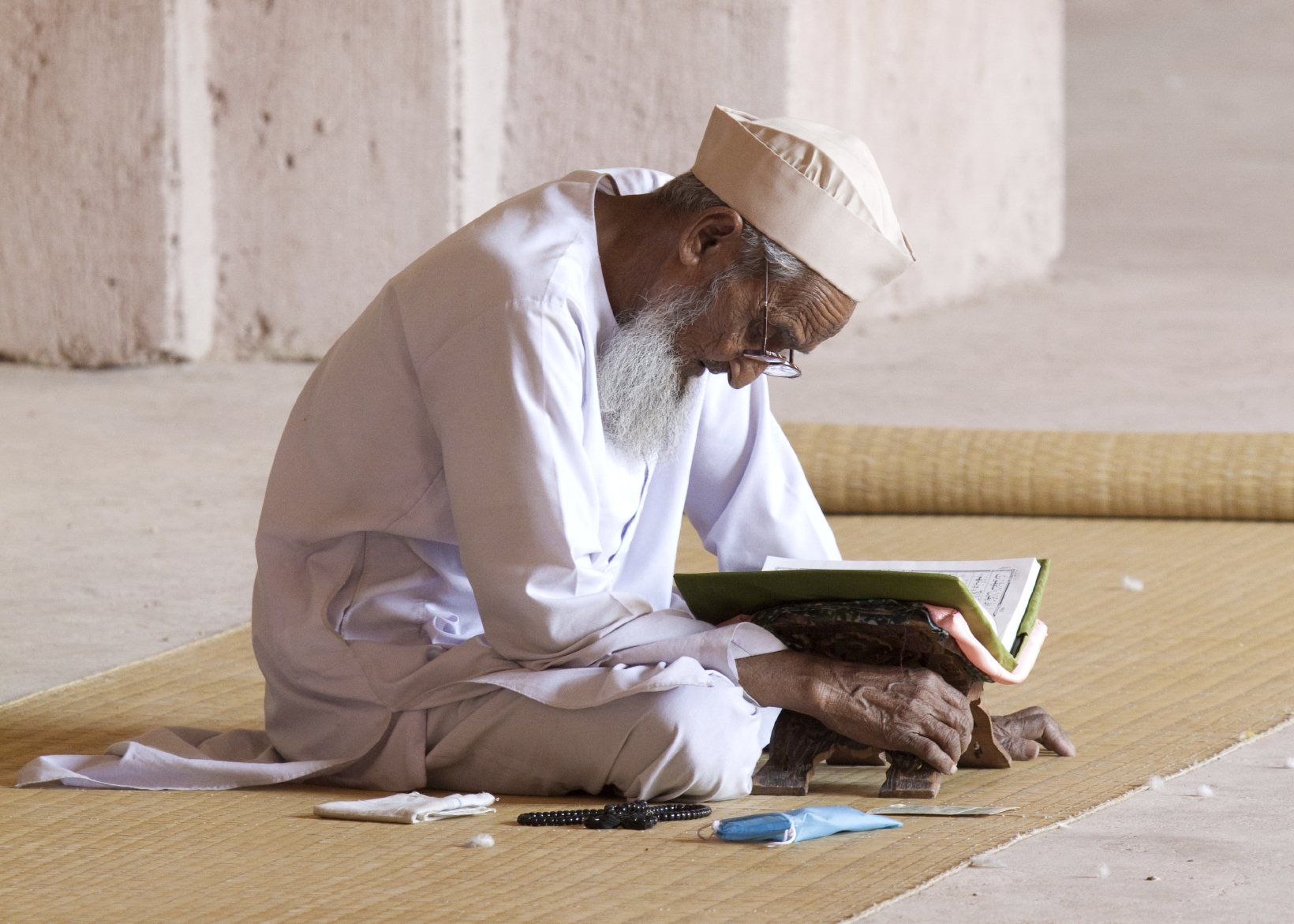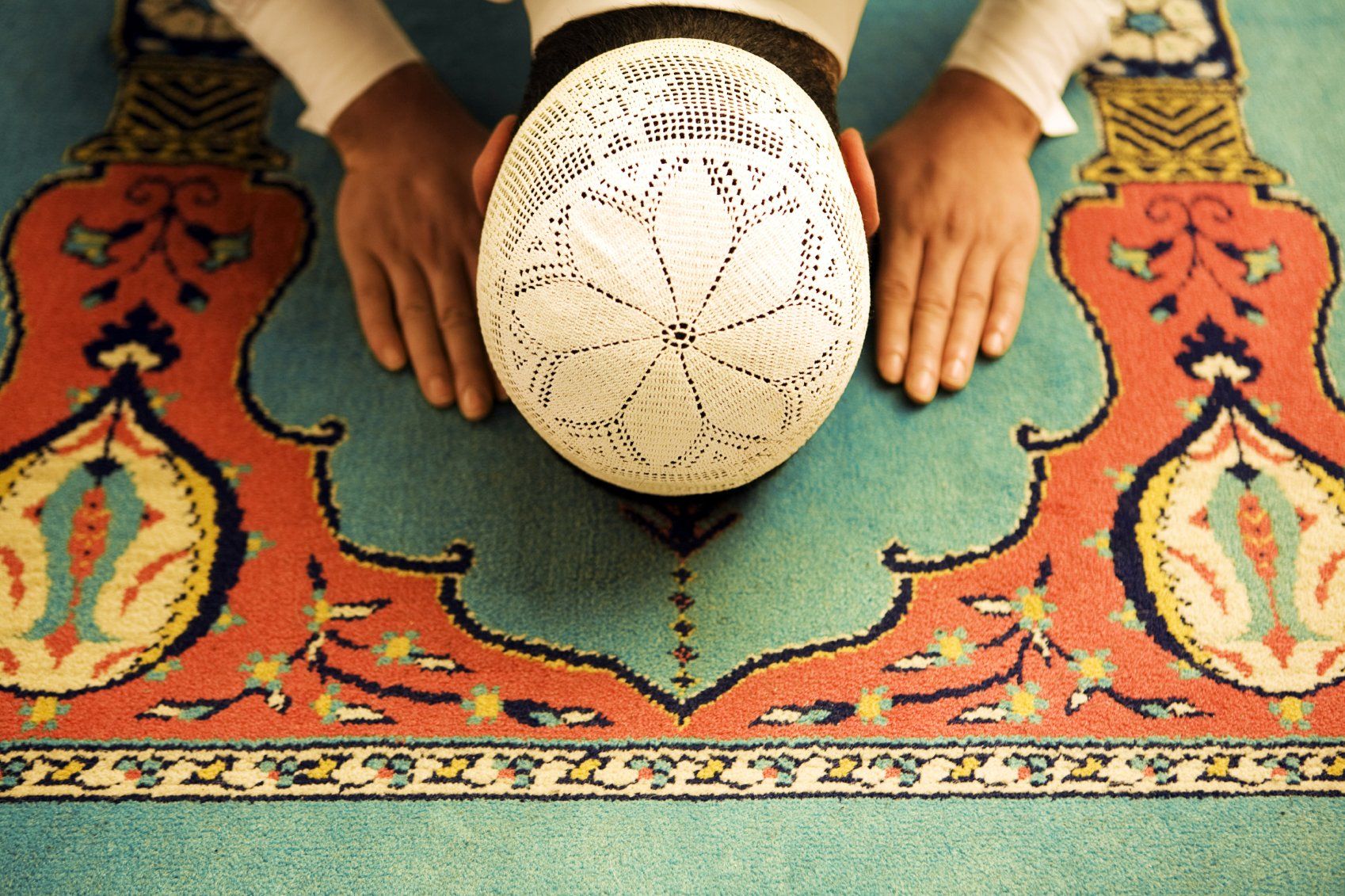Commit to Lifelong Learning
"perpetuam uitae doctrina!"
"Live as if you were to die tomorrow.
Learn as if you were to live forever." Mahatma Gandhi.

Take Care of Your Spiritual Health
Enrich Your Life! We are here to point you in the right direction and cheer you on.
Your lifelong-learning journey will be much more enjoyable and fruitful if you are healthy

Calm. Focus. Peace.

Pray!
Take Care of Your Spiritual Health.
Do you feel like something is missing in your life? Do you want to develop a purpose in life and reach out to a higher power? If so, you’re not alone.
Many of us feel like we’re searching for something more, and it can be difficult to figure out how to get there. In this blog post, we’ll cover ten ways to develop a purpose in life and reach out to a higher power.
From mindfulness to prayer and journaling, we’ll explore different ways to reconnect with the spiritual realm and your true self.
Topic List.
- Pray or meditate daily
- Read religious or Spiritual texts
- Attend religious services
- Volunteer your time
- Help those in need
- Connect with nature
- Consider your mortality
- Forgive yourself and others
- Be thankful
- Practice random acts of kindness

Sponsored


FREE ONLINE COURSE:
Presented by Universiteit Leiden, The Netherlands.
Hosted by: Coursera.com online learning platform.
According to Coursera, in this course you'll be taught to:
- Understand popular conceptions and misconceptions about Mindfulness
- Interpret your own experiences of Mindfulness practices
- Evaluate the social and political significance of Mindfulness
- Compare different psychological and therapeutic approaches to mindfulness
This is a Beginner Level course which spans approximately 43 class hours. You can complete the course at your own pace.

1) Pray or meditate daily.
Taking the time to pray or meditate daily can help you to become more connected to your spiritual health.
Prayer is a way of expressing gratitude, seeking guidance, and feeling more connected to a higher power.
Meditation is a powerful tool to quiet the mind and awaken the spirit. It helps you to think about the meaning of life and deepen your understanding of yourself.
As you practice prayer and meditation, you may find that it helps you to have empathy and compassion for others, practice forgiveness, and develop greater peace within yourself.
List of Services
-
2) Read religious or spiritual texts.List Item 2
Reading religious or spiritual texts can be an important way to practice and strengthen your faith. It can help you gain insight into yourself and the world around you. It is a form of reflection that encourages us to contemplate on questions about life and our place in it.
Reading scriptures, sacred writings, and words of wisdom from religious leaders can provide the guidance we need to find purpose and meaning in life. Through quieting our minds and opening our hearts, we can access knowledge that can awaken the spirit within.
One of the most important aspects of spiritual reading is learning how to practice forgiveness and compassion. Many religious texts offer teachings that emphasize the importance of these qualities. Learning to forgive ourselves and others allows us to open up our hearts to love, compassion, and understanding.
Reading spiritual texts can help us cultivate these virtues and inspire us to lead a more fulfilling life.
-
3) Attend religious services.List Item 3
Attending religious services can be an important part of developing your spiritual health. Going to church, synagogue, or temple provides a unique opportunity to connect with your faith and practice your spiritual beliefs. Attending services also allows you to be in the presence of others who have similar beliefs and values, creating a sense of community and support. During these services, you can quiet the mind and awaken the spirit through meditation and reflection. You can also learn about the teachings and practices of your faith.
Attending services on a regular basis will help you feel connected to your faith and reaffirm your commitment to it.
-
4) Volunteer your time.List Item 4
Volunteering your time is a great way to care for your spiritual health. Not only will you be helping those in need, but it can also provide a meaningful outlet for expressing your faith and beliefs.
Volunteering provides a sense of purpose and can help you feel connected to something greater than yourself. It can also be a great way to meet new people and build relationships with like-minded individuals.
No matter what your faith or spiritual practice is, there are endless opportunities to volunteer your time.
You can volunteer at a local church or temple, join a humanitarian organization, or work with a community outreach program. You could also start an initiative of your own, such as helping to clean up a park or organizing a fundraiser. The important thing is to find a cause that resonates with you and start giving back.
When volunteering your time, it’s important to stay mindful of the intentions behind your efforts. Remind yourself why you are doing it and keep your heart open as you help others. When we do good for others out of compassion and understanding, we can receive the greatest benefits in terms of spiritual growth.
-
5) Help those in need.
Helping those in need is one of the best ways to reach out to a higher power and develop a purpose in life.
Not only does it bring meaning and value to your own life, but it helps build a better world for everyone. Volunteering your time, energy, or resources is an important part of giving back to society and connecting with a higher power.
When helping those in need, it’s important to be open and respectful of other cultures and beliefs. Even if you don’t agree with someone’s beliefs, it’s important to offer respect and compassion. You can find organizations that support causes that resonate with your values and contribute in whatever way you are able. Consider offering your time to volunteer at a homeless shelter, helping out at a soup kitchen, or donating clothes or other items to those in need.
Helping those in need is a powerful way to deepen your spiritual health. When you take the time to give back to others, it can help you appreciate your blessings and gain a greater sense of purpose in life. Connecting with a higher power by offering service to others can help you cultivate gratitude, selflessness, and connection with something bigger than yourself.
-
6) Connect with nature.
Nature can be a powerful way to find solace and peace in the world. Taking the time to appreciate the beauty of the outdoors can help us to reflect on our own spiritual journey. Whether it’s walking through a park or lying down on a beach, nature provides a unique opportunity for connecting with ourselves and a higher power.
Even something as simple as gazing up at the stars can be profoundly inspiring. It can also be a great way to de-stress and relax while being mindful of our spiritual well-being.
Consider visiting places that are special to you and where you feel connected to a higher power. Alternatively, you could explore a new place and take a moment to connect with the land around you.
-
7) Consider your mortality.
One of the most important aspects of caring for your spiritual health is to consider your mortality. Death is inevitable, and we must all come to terms with it at some point. Acknowledging the reality of death helps us to live life with greater intention and appreciation.
It can be difficult to confront our own mortality, but doing so can be incredibly rewarding. It helps us recognize our purpose in life, become more grateful for what we have, and make better choices about how to spend our time. We can start by reflecting on our own mortality and considering how we want to be remembered. Thinking about what will remain after our life ends can help us prioritize meaningful relationships and experiences.
We can also consider our own mortality through writing. Journaling can be a great way to express our thoughts and feelings around death, and it can help us process our fears, regrets, and joys. We can also seek out books or documentaries that explore death and dying. Talking with loved ones about their thoughts and beliefs on mortality can open up a constructive dialogue that might help you come to terms with your own mortality.
No matter how you choose to approach it, acknowledging our mortality is an important part of spiritual health. It can help us become more mindful of our lives and help us lead a life of greater meaning.
-
8) Forgive yourself and others.
Forgiveness is an integral part of spiritual health, and it can be difficult to learn to forgive. It's important to recognize that we all make mistakes and have our own unique perspectives on life. It's equally important to practice letting go of grudges and resentments so that we can move forward in life.
Start by forgiving yourself. Take some time to reflect on your life and practice self-compassion. Instead of focusing on any mistakes you've made, look at what you can learn from the experience. Consider how you can become a better person and move forward with a sense of peace.
When it comes to forgiving others, start with small steps. You don't have to forgive someone completely or forget about the situation.
Acknowledge that hurtful things were said or done, but choose to not let them affect your mood and outlook. Remind yourself that everyone makes mistakes, and try to have empathy for the other person's situation.
Finally, remember that forgiveness does not mean condoning bad behavior or forgetting about it.
Forgiveness is about learning to move on and open yourself up to positive thoughts and experiences. With practice, forgiveness can lead to inner peace and spiritual growth.
-
9) Be thankful.
Expressing gratitude is one of the most powerful ways to show appreciation for all the blessings in your life. Taking time to be thankful can bring peace and joy to your life.
Whether you are thankful for your family, friends, health, job, or anything else, it is important to express your appreciation.
Practicing gratitude can help shift your perspective and make even difficult times feel more manageable.
Whenever you are feeling stressed or overwhelmed, take a moment to be thankful for something in your life. You can also keep a journal to track the things that you are grateful for.
Writing down the good things that happened during the day can help you develop a sense of appreciation and optimism.
You can also reach out to the people in your life and let them know how much you appreciate them. Whether it’s through an email, text message, or handwritten note, expressing your thanks can help deepen relationships and foster feelings of contentment.
Overall, being thankful is a great way to practice mindfulness and take care of your spiritual health. When you take time to express gratitude, it can be a calming exercise that helps you connect with yourself and those around you.
-
10) Practice random acts of kindness.
Random acts of kindness are simple, selfless acts that have the potential to make a huge impact in someone’s life.
These acts can be as simple as paying for a stranger’s cup of coffee or mowing an elderly neighbor’s lawn without asking for anything in return.
The beauty of these acts is that it doesn’t take a lot of time or money, but it does require thoughtfulness and generosity.
Random acts of kindness also provide an opportunity to connect with others in a meaningful way. By expressing our gratitude to those around us, we create a more positive and harmonious environment.
Furthermore, by helping others, we often find that we benefit too. Whether it’s through feeling more connected to our community, seeing the power of our own actions, or simply knowing that we made someone’s day better, random acts of kindness can bring us all joy.
So, the next time you’re out and about, why not look for opportunities to do something nice for someone? It doesn’t have to be something big – even the smallest acts of kindness can make a world of difference.


